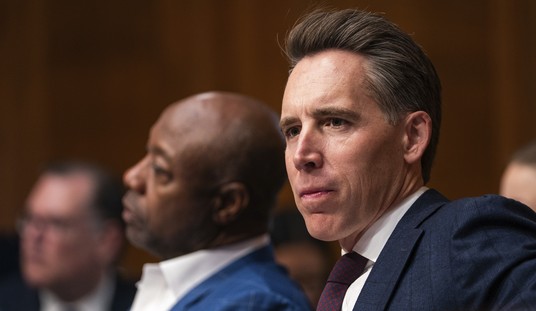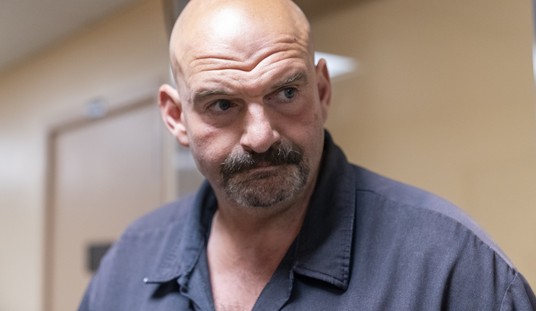The Mini-Mental State Examination (MMSE) is a questionnaire that has been used by doctors throughout the world for more than thirty years to test the cognitive function of those suspected to suffer from dementia. It is very simple and quick to administer, consisting of 30 items, and must by now have been used millions, if not hundreds of millions, of times.
Developed by three psychiatrists, Marshal Folstein, Susan Folstein, and Paul McHugh, it was published in a medical journal, but the authors retained their copyright. Nevertheless, the questionnaire’s format was reprinted in many textbooks and manuals, and physicians all around the world still use it without realizing that they might be infringing copyright. It is still easy to find on the internet.
It is only in 2000, 25 years after it was first published, that the authors, or inventors, of the MMSE tried to assert their copyright. In 2001, they granted a corporation, Psychological Assessment Resources, a license to publish, distribute, and manage all intellectual property rights of the questionnaire.
An editorial in the latest New England Journal of Medicine discusses the problems arising from the assertion of copyright. For example, a recent attempt by other researchers to develop a different questionnaire has fallen afoul of copyright because it used many of the same, or very similar, questions.
Some of these questions are “What day is it today?”, “What month are we in?”, “What year is it?” and “What is this address?”, which in the context of cognitive testing may now be copyrighted, though they were asked to test cognition of patients well before the MMSE ever saw the light of day. Presumably, once the answers to these rather banal questions are used to produce a score on a scale that is itself used to decide whether a patient is suffering from a cognitive defect, they become copyrighted.
Many doctors in all parts of the world have photocopied the questionnaire hundreds of times. In strict law they may be guilty of having infringed copyright and therefore liable, in theory, to penalties according to the copyright laws of their country. In the United States, unwitting infringement of copyright carries a fine of up to $30,000, and willful infringement up to $150,000, with the possibility of a prison sentence to boot.
The text of the MMSE has been disappearing from textbooks because of the copyright problem; it is available from the licensee for purchase at $1.23 per test. But it is against human nature to expect doctors or hospitals around the world to pay this each time they use it; that, having once bought it, they will not copy it but instead buy it again and again. Policing the copyright will therefore be impossible, and very intrusive if attempted.
I suppose there is no reason why a questionnaire should not be commercialized in the same way as a more tangible piece of equipment to which a patent applies; but, perhaps irrationally, I still find it rather distasteful.
One group of people, however, who will be delighted by the problem of the infringement of copyright are lawyers. Scales similar to the MMSE are now quite widely used in medical practice. For example, the Glasgow Coma Scale is used to assess a person’s level of consciousness after a head injury. Many, but by no means all, such scales are copyrighted in the same way as the MMSE, though attempts to assert copyright are, as yet, rare. With a little lawyerly ingenuity, this could change and give rise to a whole new field of litigation, wasting the substance of people and institutions.
How detestable as a profession lawyers are — until you need one, of course!








Join the conversation as a VIP Member